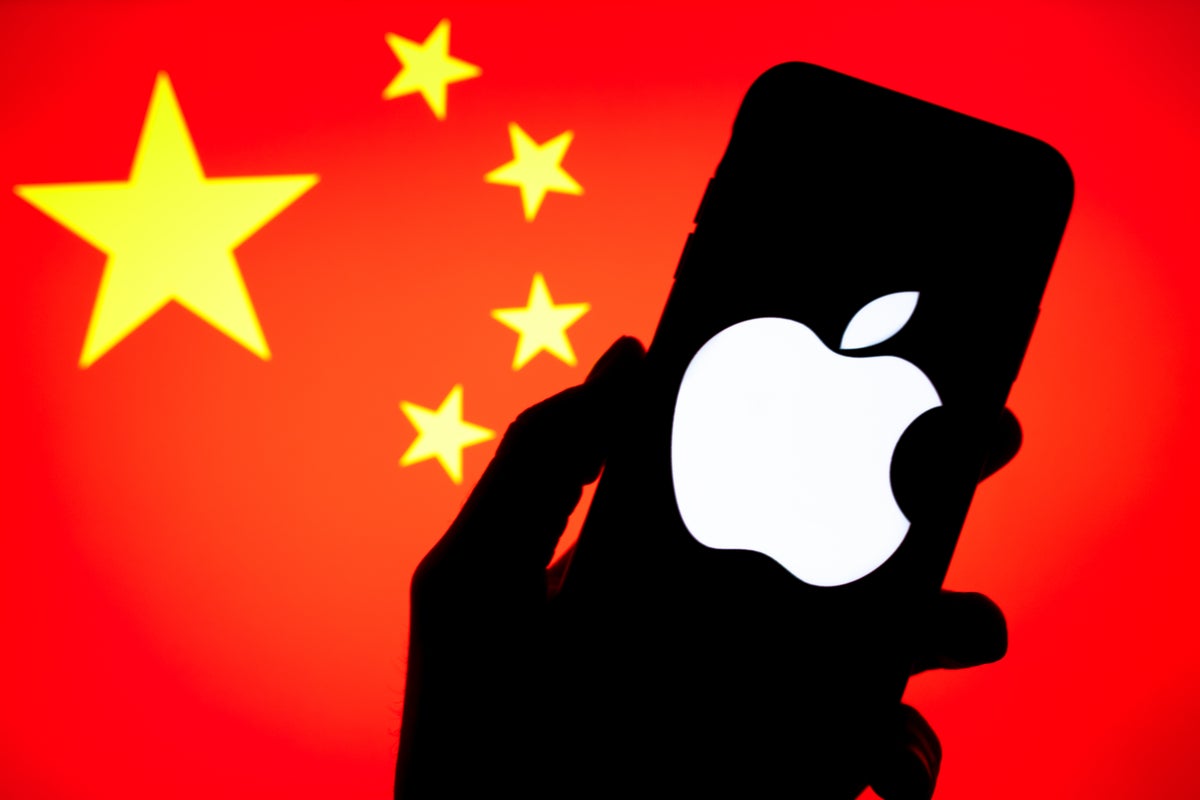[ad_1]
Apple, Inc. AAPL may have a role to play in China’s relenting on its strict “zero COVID-19” policy, an analyst said on Friday.
What Happened: A letter from Hon Hai Precision Manufacturing Company Limited’s HNHPF founder Terry Gou to the Chinese leaders prodded the Communist regime to give up its strict COVID-19 curbs, a Wall Street Journal report said this week.
The tech entrepreneur warned that the lockdowns will diminish China’s role as a supply chain superpower.
Commenting on the development, Loup Funds’ Gene Munster said given Hon Hai, popularly called Foxconn, is Apple’s biggest customer, Gou’s comments were in part triggered by heat from the tech giant.
“Apple’s geopolitical influence is on display,” he said, adding that this reflects “how strong Apple’s influence is at the highest levels in China leadership.”
In a recent note, Munster lauded Apple CEO Tim Cook for his crisis management skills.
See also: Best Technology Stocks Right Now
Why It’s Important: China is a key production base as well as a market for Apple. The strict COVID-19 protocol put in place in China has impacted production at Apple supplier Foxconn’s main iPhone assembly factory situated in Zhengzhou, aka iPhone city.
Cupertino warned in early November the disruption will likely impact its December quarter production. The situation deteriorated subsequently. The disgruntled public in China, which had to endure hardships due to the COVID-19 curbs, took to the streets to protest against the government’s actions.
Foxconn had to face the wrath of its employees in late November when they protested against the COVID-19 controls at the factory. The workers also clashed with police, who were called in to bring the situation under control.
The developments reportedly prompted Apple to expedite its plan to diversify production out of China and into countries such as India and Vietnam.
Apple closed Friday’s session at $142.16, down 0.34%, according to Benzinga Pro data.
Photo: Courtesy of Shutterstock.
[ad_2]
Image and article originally from www.benzinga.com. Read the original article here.

